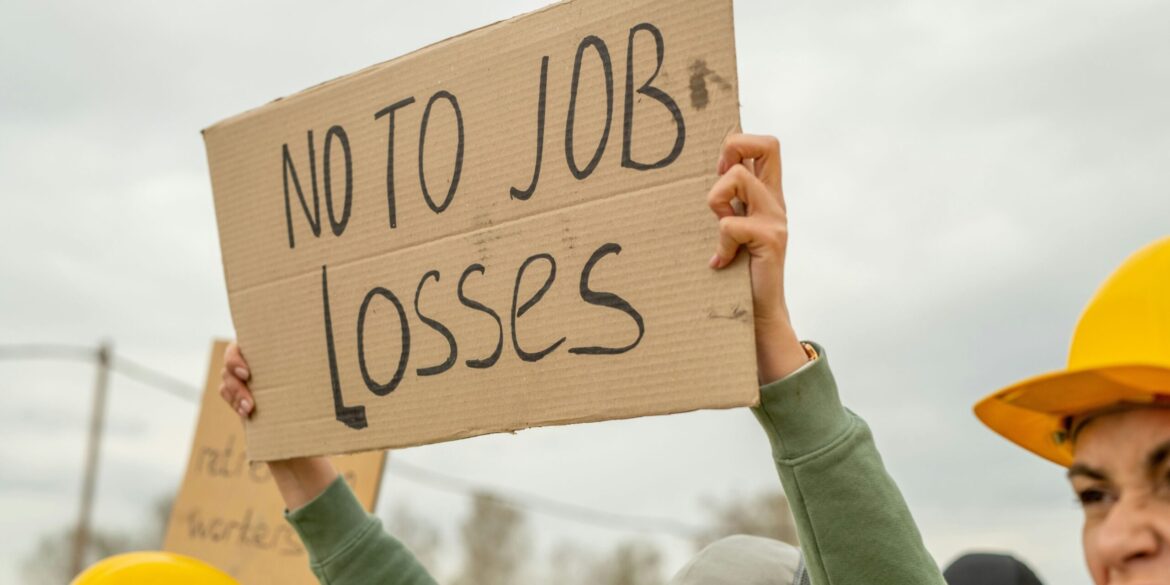In a dramatic turn of events, top business lobbyists are intensifying their efforts to defeat a proposed $100 billion tax dubbed the “Revenge Tax,” which threatens to upend corporate finances across the United States. The tax, spearheaded by lawmakers in Washington, seeks to impose heavy penalties on corporations deemed to have acted against the public interest. With its introduction poised to reshape the tax landscape, business leaders are scrambling to influence the outcome before it passes into law.
What Is the ‘Revenge Tax’?
The so-called “Revenge Tax” refers to a bold new tax proposal introduced by Senate and House members in response to a series of high-profile corporate actions that were seen to harm consumers or sidestep public welfare obligations. Set to impose up to $100 billion in penalties on companies that engage in practices considered harmful to economic stability, environmental protection, or social responsibility, the tax has sparked a fierce backlash from industry groups.
Supporters argue the tax is a necessary step to ensure corporations remain accountable to the public, especially in light of recent scandals involving monopolistic behavior and irresponsible environmental practices. However, opponents, led by powerful business lobbies, argue that the legislation will stifle innovation and deter foreign investment in the U.S.
How Did It All Begin?
The Revenge Tax was born out of growing frustration with corporate practices that some lawmakers argue prioritize profits over the well-being of the American people. Recent examples of controversial corporate moves, such as major companies offshoring jobs or evading environmental regulations, have ignited calls for stricter controls and greater financial penalties.
Some of the most vocal proponents of the bill come from industries hit hardest by the actions of big corporations, including environmental groups and labor unions. They see the tax as an opportunity to create a level playing field and restore faith in corporate governance.
Lobbyists Push Back
Business lobby groups, including the U.S. Chamber of Commerce and the National Association of Manufacturers, have mounted a full-scale opposition campaign. They argue that the tax would penalize businesses that are already facing a challenging economic environment and would ultimately result in higher prices for consumers, job cuts, and a loss of global competitiveness.
Many companies are also concerned about the ambiguity of the tax’s definition of “harmful practices,” fearing it could be used to punish legitimate business decisions that were made in good faith but later turned out to have negative side effects.
“We need clarity on what constitutes ‘harmful’ actions. If we don’t know where the line is, companies will have to make drastic decisions to avoid penalties,” said Karen Johnson, a senior executive at a Fortune 500 company.
High-Stakes Negotiations
With both sides entrenched, negotiations in Washington have become a battlefield. Key Senate and House leaders are currently debating amendments to the bill, seeking to adjust the scope and impact of the tax. Some propose carving out exceptions for companies in certain industries, while others argue for a more stringent set of rules to ensure corporations truly operate in the public’s best interest.
One potential compromise could involve creating a “sunset clause,” which would allow the tax to expire after a certain period, provided corporations make demonstrable progress in reducing harmful practices.
The influence of lobbyists is undeniable in these discussions, with both sides pulling in millions of dollars to fund advertising campaigns, grassroots mobilization, and political contributions.
Broader Implications for U.S. Business
The outcome of the Revenge Tax debate could have far-reaching consequences for U.S. businesses and the economy at large. If passed in its current form, the tax would shift the way corporations view their obligations to society, creating new incentives for sustainability, ethical behavior, and transparency. Conversely, its failure could embolden companies to continue pursuing short-term profits at the expense of long-term societal goals.
Economists are divided on the potential impact. Some argue that the tax could provide a much-needed boost to social programs and environmental initiatives, while others warn it could undermine job growth and investor confidence.
Public Opinion
Public reaction to the Revenge Tax has been mixed. Surveys show that many Americans support the idea of holding corporations accountable for their actions, especially in industries like oil, tech, and pharmaceuticals. However, there is also concern that the tax will result in higher consumer costs, which could disproportionately affect lower-income families.
“We want companies to pay their fair share, but we also don’t want to pay more for goods and services,” said Julia Miller, a consumer advocate based in California.
What’s Next?
As the debate continues to unfold, the business community remains on edge, watching closely for any sign of compromise or further amendments. Lobbyists are not backing down, and both sides are gearing up for a final push as the deadline for a vote draws near.
For now, the $100 billion Revenge Tax remains one of the most closely watched pieces of legislation in Washington, with high stakes for businesses, consumers, and lawmakers alike.


